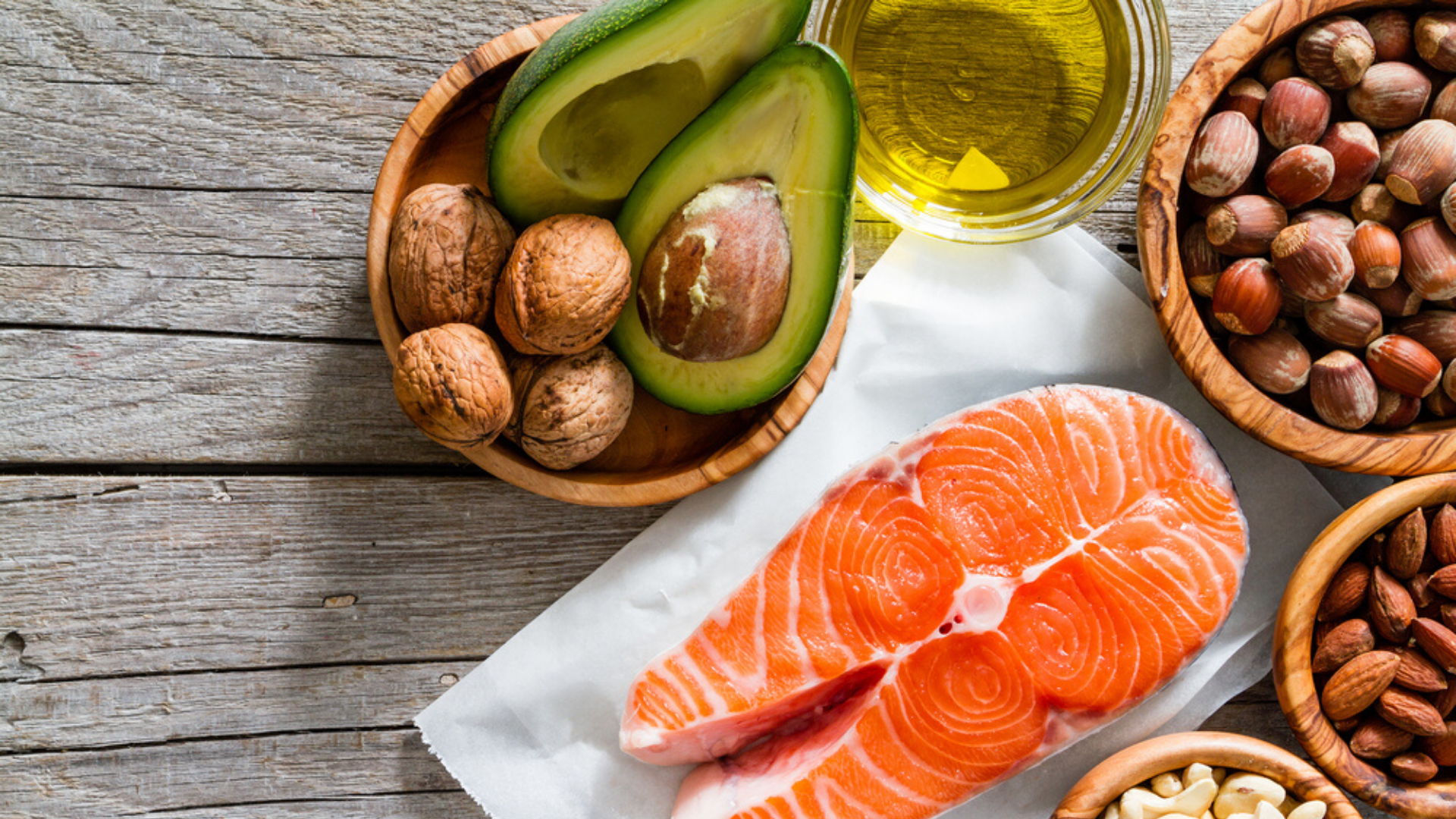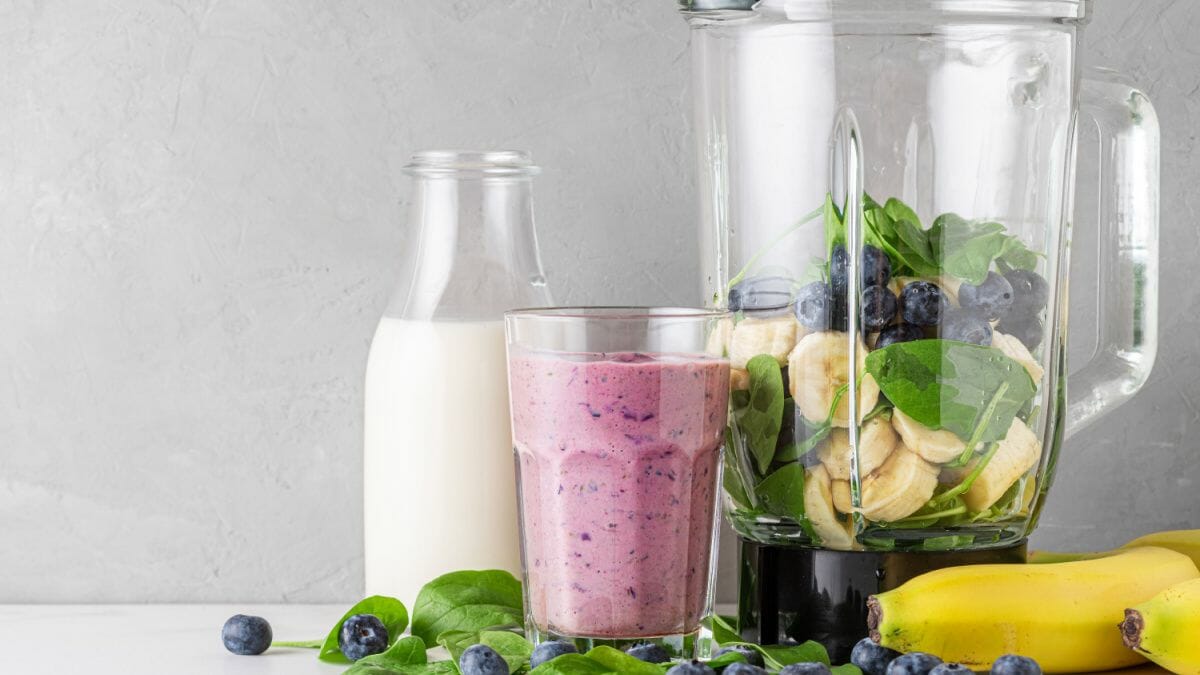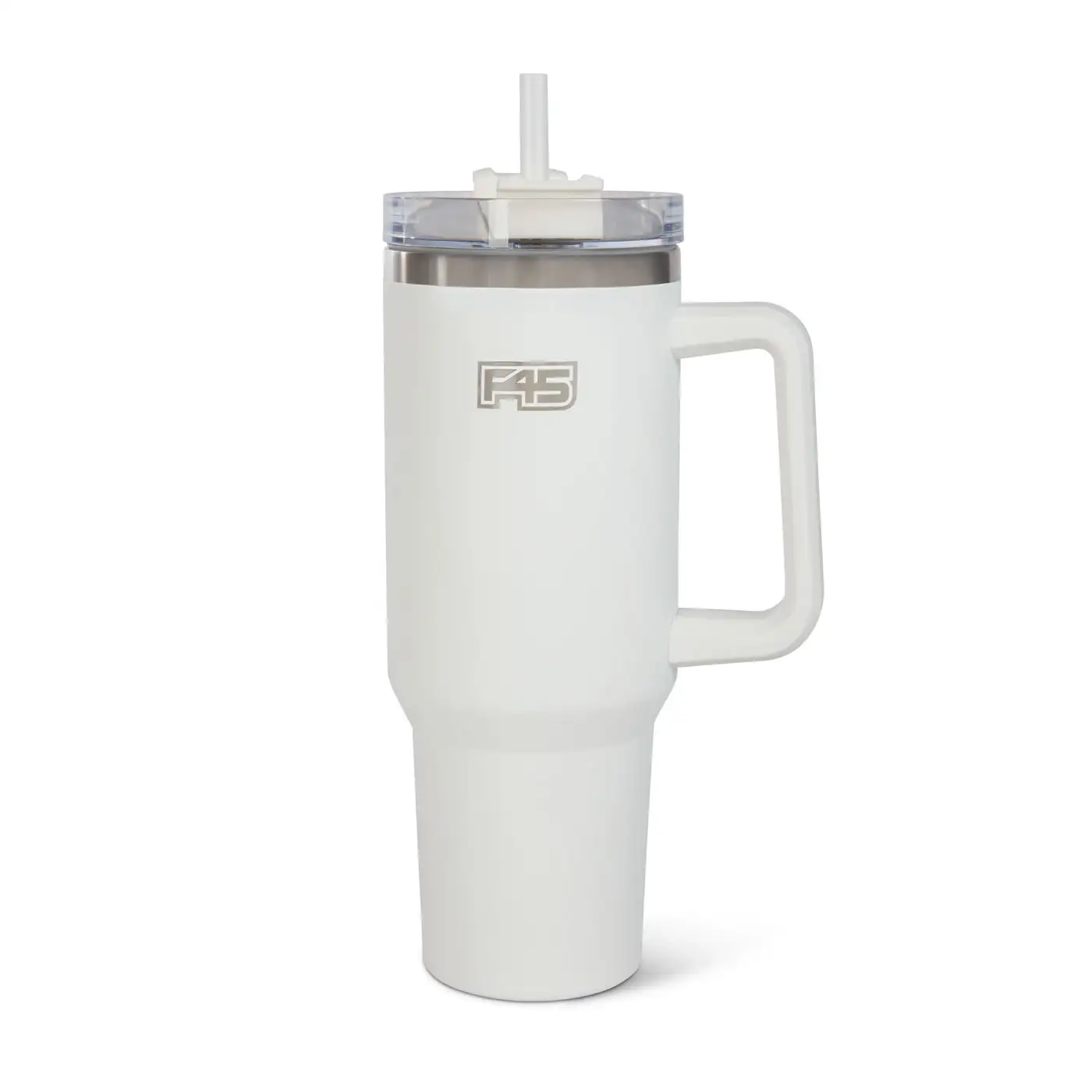
You may remember the ‘low-fat’ fad diet years ago, in which fat was considered the culprit for weight gain and various health conditions. However, current research has shown just how essential fat is to a healthy diet. Fat should not be avoided but instead regularly incorporated to promote a healthy weight or weight loss. Fat is essential for hormone balance, heart health, and maintaining feelings of fullness to minimize cravings. It is also essential for brain function and mental focus as well as vitamin and mineral absorption. Just as there are healthy and unhealthy varieties of carbs and proteins, there are fats that are beneficial to our health as well as varieties that should be avoided. Understanding the difference between healthy fats and those that contribute to inflammation and weight gain is key to optimizing your health and daily eating routine.
Unsaturated Fats vs Saturated Fats
The majority of daily fat intake should come from minimally processed, plant-based (unsaturated fat) sources while every so often incorporating high-quality animal-based sources (saturated fat) as well. There are two types of unsaturated fats: monounsaturated fats, found in olive oil and avocados, and polyunsaturated fats, found in salmon, white fish, grapeseed oil, and nuts. Monounsaturated plant-based fats provide essential phytochemicals and nutrients while polyunsaturated fats contain essential omega-3 fatty acids which aid in reducing blood pressure and inflammation within the body.
Saturated fats, such as those found in coconut oil, eggs, grass-fed beef, and grass-fed butter also provide a number of essential fatty acids. However, the quality of saturated fat is important to consider, as there are a number of factors that can lessen its quality (i.e. the conditions in which the animal was raised and what it was fed). For example, when purchasing eggs, opt for those that are pasture-raised. Pasture-raised eggs contain more omega-3 fatty acids and vitamins versus ‘free-range’ and ‘cage-free’ eggs. The USDA recommends a daily saturated fat intake under approximately 10% of calories, with the rest coming from monounsaturated and polyunsaturated fats [2].
Trans Fats
Research has highlighted that trans fats are now the major culprit for the links between a number of chronic conditions and fat consumption [1]. These are lab-made fats that are highly processed and contribute to systemic inflammation in the body. They are used to preserve shelf-life in stores by turning healthy oils into solids through a process called hydrogenation. Trans fats are found in margarines, vegetable shortening, store-bought cookies, and pastries. They are also found in low-quality plant or vegetable and seed oils (canola, safflower, soybean, sunflower).
We’ve outlined some key fats to avoid, along with those that should be a regular part of your diet.
Fats to avoid
- Fried foods
- Margarine
- Hydrogenated oils (soybean, canola, safflower, corn)
- Commercial-baked cookies, pastries
- Processed dairy (cheese, ice cream)
- Processed snack foods (crackers, microwave popcorn)
What to include
- Fatty fish
- Pasture-raised eggs
- Extra-virgin olive oil
- Avocados
- Nut butters (almond, peanut, with no added sugar)
- Unrefined coconut oil
- Nuts and seeds
- Grass-fed butter or clarified butter (ghee)
- Grass-fed beef














